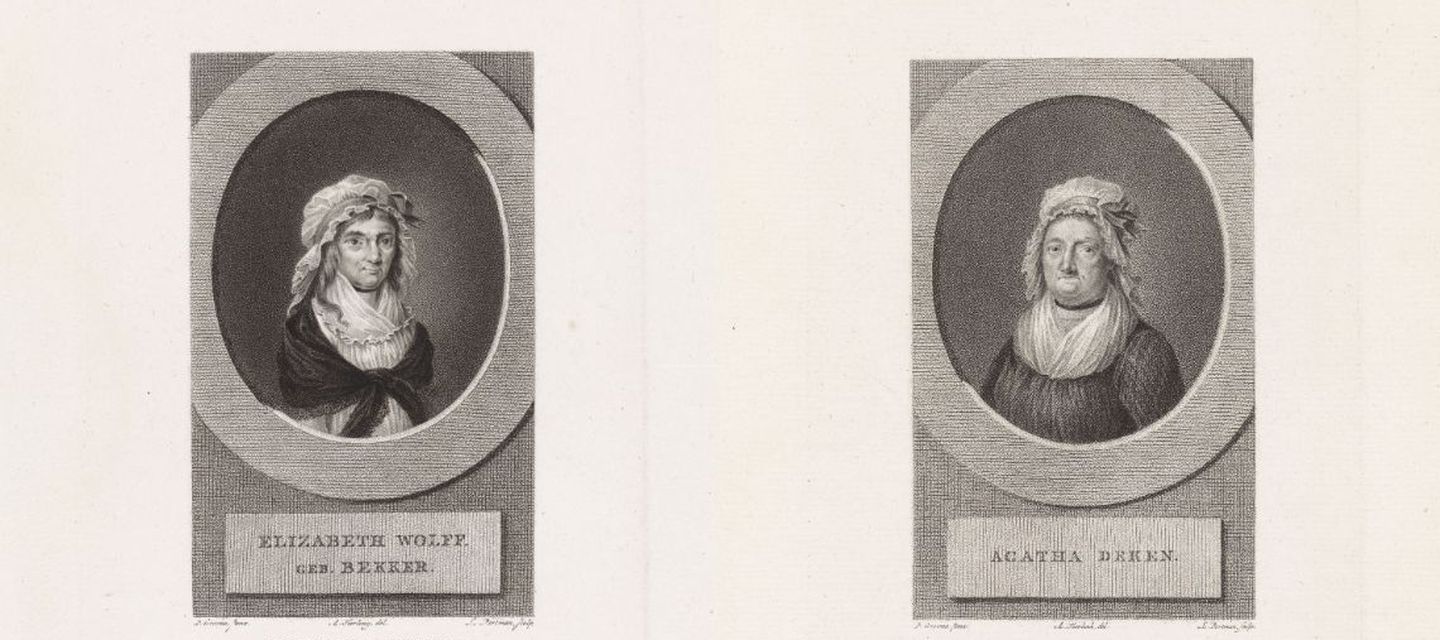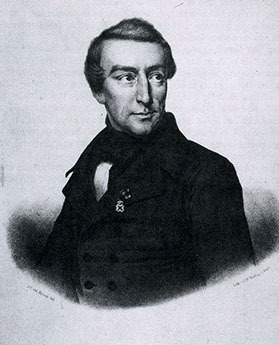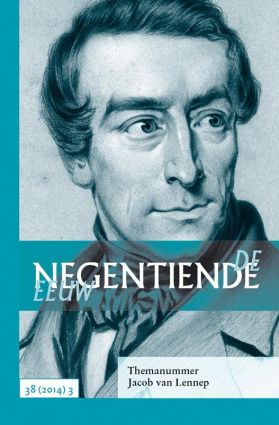Veertiende Jacob van Lennep-lezing
De invloed van Betje Wolff en Aagje Deken op romanschrijvers in de 19e eeuw
Donderdag 3 oktober 2024, 20:00
Spui25, Spui 25-27, Amsterdam
Aanmelden kan via Spui25: https://spui25.nl/programma/de-invloed-van-betje-wolff-en-aagje-deken
In deze veertiende Jacob van Lennep-lezing zal Marita Mathijsen ingaan op de doorbraak die de romans van Betje Wolff en Aagje Deken veroorzaakten. Zij onderzoekt daarbij op welke wijze deze romans ook negentiende-eeuwse schrijvers, zoals Jacob van Lennep, beïnvloedden.
Romans werden in de achttiende eeuw gezien als een genre dat minder betekende dan poëzie, en dat alleen lezers uit de laagste klasse kon trekken. Wolff en Deken wisten met hun brievenromans een ontwikkeld publiek te bereiken. Dat werkte door in de negentiende eeuw. Hoewel de romans van het duo speelden in de eigen tijd en een kenschets gaven van het burgerlijk leven in de achttiende eeuw, bouwden ook de historische romans van de negentiende-eeuwers verder op het fundament dat Wolff en Deken aangelegd hadden. Met name in de romans van Jacob van Lennep ziet men types optreden zoals die ook bij Wolff en Deken voorkomen. Net als Wolff en Deken karakteriseert hij zijn personages in hun taalgebruik en net als zij heeft hij veel aandacht voor de locaties. Ook andere schrijvers betraden de weg die Wolff en Deken voor de romankunst geplaveid hadden.




